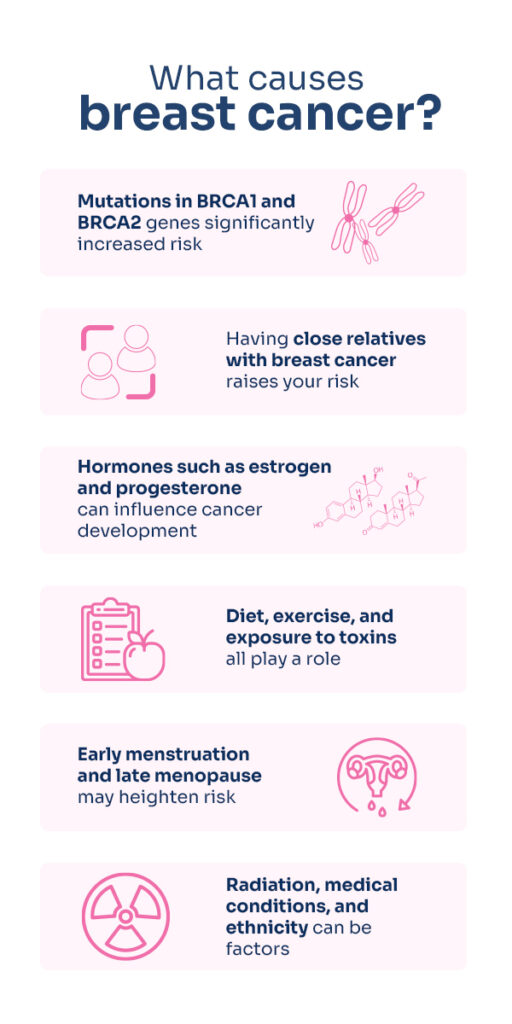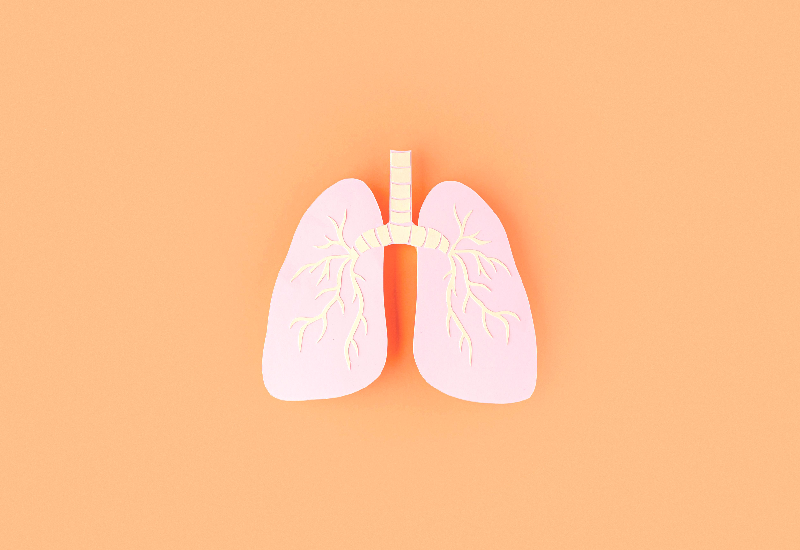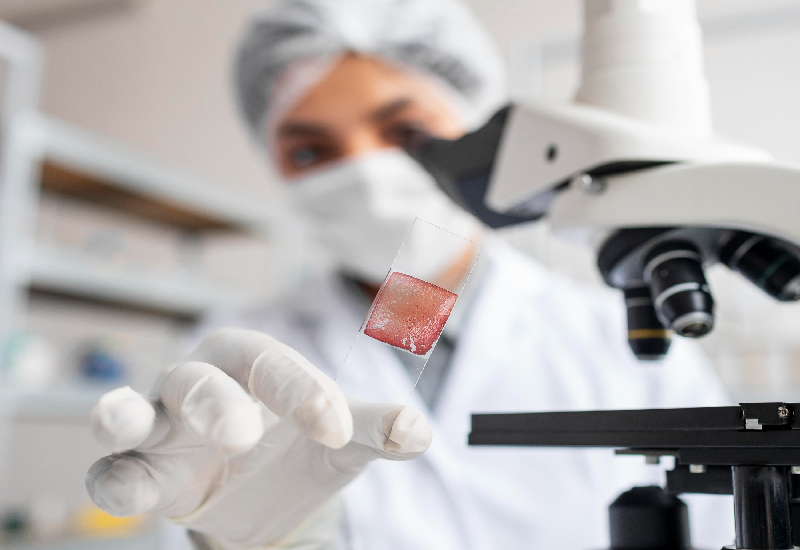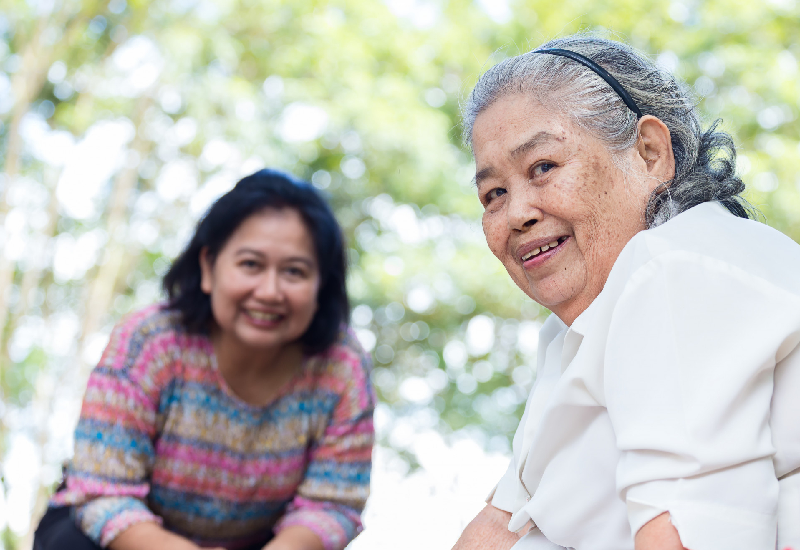The exact cause of breast cancer remains a mystery, but researchers have identified several key risk factors. These factors go beyond just family history and can involve hormone levels and even your environment. This blog will explore the various aspects that may influence breast cancer risk, helping you understand your own potential risks and take proactive steps toward prevention.
Breast cancer risk factors:
Genetic factors:
Our genes have a role in breast cancer risk. BRCA1 and BRCA2 ensure cells grow and divide in an orderly fashion. However, mutations in these genes disrupt this process, increasing the chance of cancer development. People with these mutations inherit a higher susceptibility to breast cancer. Fortunately, screening can identify such mutations, allowing for proactive measures like increased monitoring and preventive interventions to manage this heightened risk.
Hormonal changes:
Hormones, particularly estrogen and progesterone, play a complex role in breast cancer. While they stimulate the growth of normal breast cells, hormonal imbalances or prolonged exposure to high hormonal levels can lead to cancer development. This particularly happens for hormone-receptor-positive breast cancers, which are quite common. To mitigate this risk, consider lifestyle adjustments like maintaining a healthy weight, engaging in regular physical activity, and, when appropriate, exploring hormone therapy adjustments with your doctor.
Lifestyle choices:
The way you live plays a significant role in the development of breast cancer. Your diet, physical activity levels, and even exposure to environmental toxins influence your risk. This is why it’s important to prioritize a healthy lifestyle with a balanced diet, regular exercise, and minimal exposure to harmful substances. Take proactive steps to reduce your risk.
Reproductive history:
For women, their reproductive history can be a key player in breast cancer risk. Factors like the age you start menstruating, when menopause arrives, and pregnancy and breastfeeding have a say in cancer development. For example, early periods and late menopause mean longer exposure to hormones, which can increase the risk. Since each
woman’s reproductive journey is unique, understanding your history allows for
personalized risk assessment and the development of tailored preventive strategies.
Age and gender:
Age is a significant risk factor for any cancer development. The odds of developing the disease climb steadily as we get older, with most cases diagnosed in women over 50. Recognizing these age and gender factors allows for targeted screening methods, ensuring those at higher risk receive the necessary attention and interventions.
 Other breast cancer risk factors
Other breast cancer risk factors
Several additional factors contribute to breast cancer risk. Radiation exposure, certain medical conditions, and even racial and ethnic background can all contribute to a higher risk.
For example, women with a family history of the disease or specific genetic mutations may face a higher risk. Exploring these factors is essential to understanding the complexity of the disease. It helps develop more nuanced and personalized prevention and intervention strategies for each patient.
Prevention strategies
The fight against breast cancer is a dual approach: prevention and early detection (with subsequent intervention). Regular screenings like mammograms and clinical breast exams are crucial for catching potential issues early, when they’re most treatable. But prevention is key too. Maintaining a healthy lifestyle with a balanced diet, regular exercise, and limited alcohol consumption can significantly reduce the risk. For those with elevated risk factors, personalized prevention strategies may involve medications or even surgical interventions, guided by your doctor.
However, traditional screening methods have limitations. That’s where innovative tests like RGCC’s liquid biopsy tests come in. These tests go beyond standard screening, aiming to detect cancer in its earliest stages, even before symptoms appear. This is particularly beneficial for high-risk individuals. Additionally, genetic tests can identify mutations in genes like BRCA1 and BRCA2. This not only impacts risk assessment but also helps guide treatment decisions by pinpointing the most effective therapies. Our CAMBISeq® test can help identify these very mutations, empowering informed decision-making.
For those already diagnosed with breast cancer, the Onconomics Plus test analyzes the genetic makeup of your cancer cells. This vital information allows doctors to tailor treatment plans based on your specific cancer, maximizing your chances for a successful outcome.
Our liquid biopsy tests are a game-changer, offering a comprehensive picture of your situation. This empowers both patients and healthcare professionals with the most up-to-date information for informed decision-making and, ultimately, better outcomes.



 Other breast cancer risk factors
Other breast cancer risk factors




